Reviews
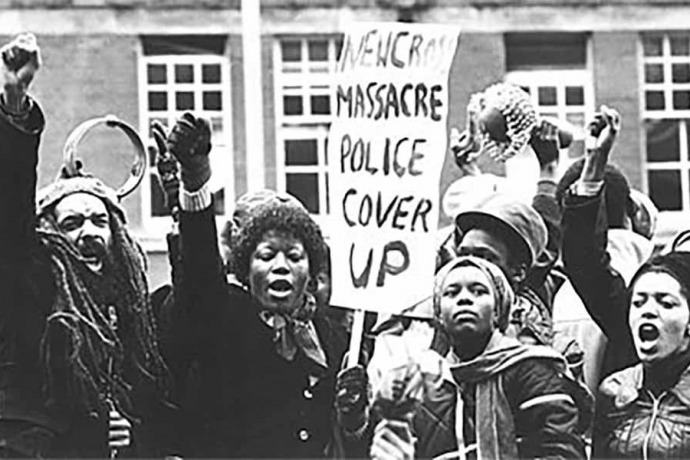
Ledbury Emerging Poetry Critic Review: ‘Surge’ by Jay Bernard
It is noteworthy that the first word of the opening poem in Surge (Chatto), Jay Bernard’s searing debut, is remember. Here is a collection against forgetfulness; a refutation of any presumption that the past is the past at all. Set between the pillars of two disasters, the New Cross Fire of 1981, which claimed the…
Read More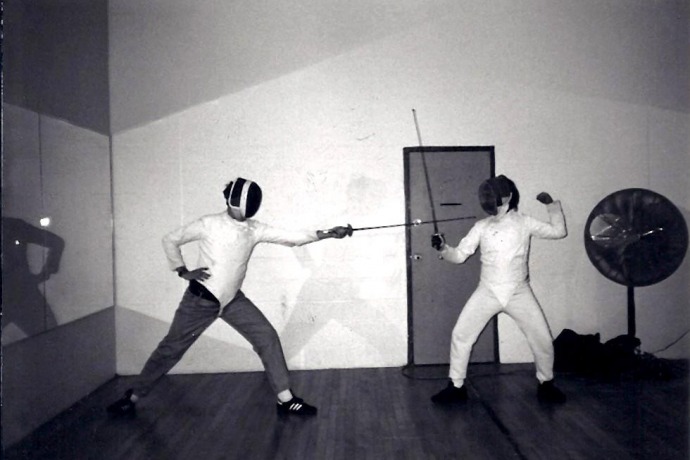
Review: ‘Flèche’ by Mary Jean Chan
How do you learn to love when you’re versed in the ways of war? Equal parts sinister Aesop’s Fable, lived experience, and fairy tale with a twist, Flèche invites readers into a labyrinth of longing. There’s an ongoing war across generations, between mother and daughter, in Mary Jean Chan’s debut collection, Flèche. But the battles…
Read More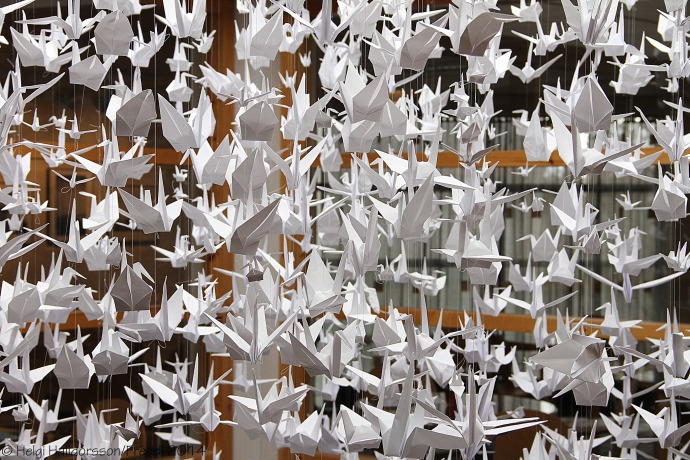
Review: ‘Reckless Paper Birds’ by John McCullough
To understand the weight of being bodied, All the swollen and tender exchanges That ground me here among the living (‘A Floating Head’) There is a powerful sense of tension between body and soul in John McCullough’s absorbing third collection, Reckless Paper Birds. The human body and brain can be a prison; they are both…
Read More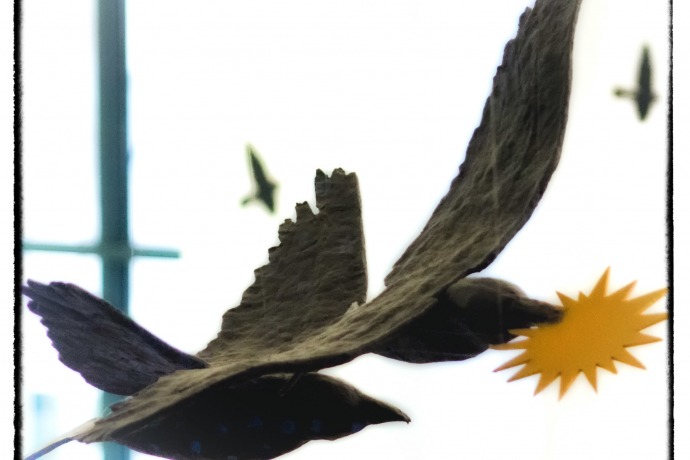
Review: ‘Handling Stolen Goods’ by Degna Stone
Interrogating the prejudice of race and class, Degna Stone’s spellbinding third pamphlet, Handling Stolen Goods (Peepal Tree Press), reveals a disturbing bond between the body and the world around it, and strives to break this down through bold, determined struggle. Whilst human interactions stand at the heart of Stone’s poems (‘We spend our time having…
Read More
Review: ‘Rock, Paper, Scissors’ by Richard Osmond
Richard Osmond’s Rock, Paper, Scissors is a collection wherein violence and trauma has disrupted the social fabric to the extent that reality becomes a game of signs. Like the trickster of myths and fables, this collection undermines authority and convention. The three principle signs of this collection are excerpts from Beowulf, Qur’ānic extracts and Osmond’s…
Read More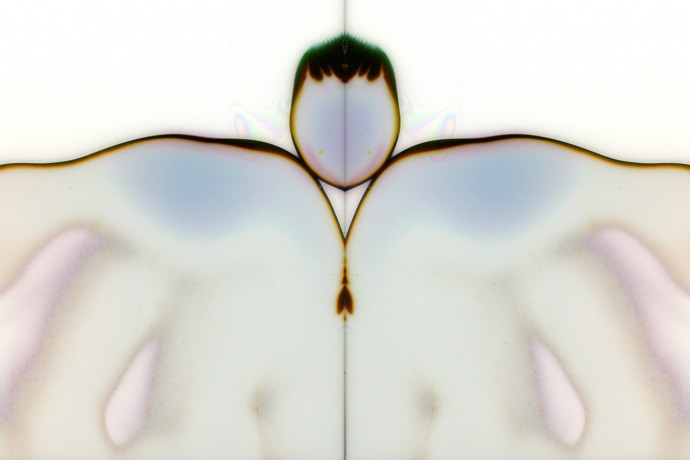
Review: ‘Girlhood’ by Julia Copus
There is a theory in earth sciences known as the Gaia Hypothesis that propounds that the earth and everything upon it (though, crucially, perhaps not including ‘us’) acts as a synergetic, self-regulating organism. The idea being that the earth acts as its own immune system, but also as its own ‘reset’, so to speak. Dangers…
Read More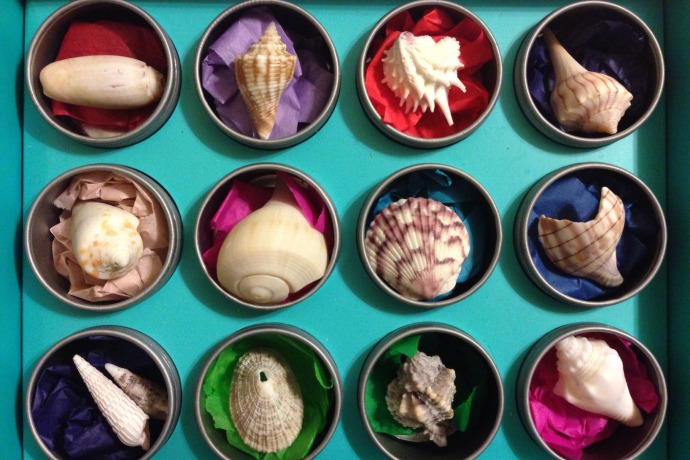
Review: ‘Significant Other’ by Isabel Galleymore
Isabel Galleymore’s debut collection, Significant Other (Carcanet) is a vividly detailed poetic chronicle of some of the world’s most fascinating species. The first poet-in-residence at Tambopata Research Centre in the Amazon Rainforest, Galleymore forages with wide-eyed fascination in search of new poetic ground. Underpinned by the desire to discover new ways of describing the natural…
Read More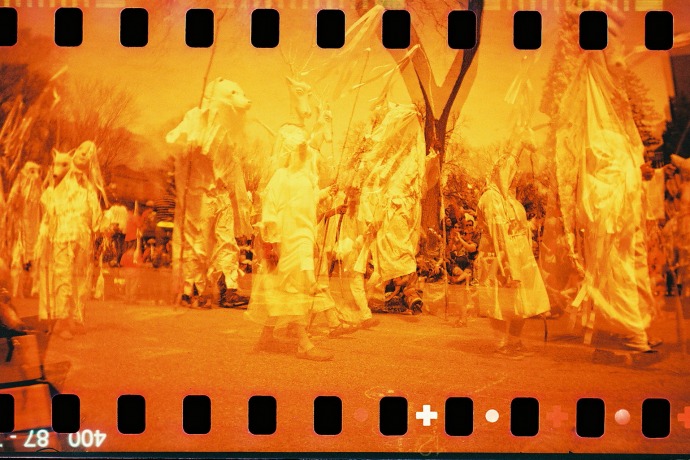
Review: ‘Deaf Republic’ by Ilya Kaminsky
Ilya Kaminsky’s Deaf Republic — framed as a two-act play — takes the reader into a country whose characters move constantly from one stage to another: from the public stage of an occupied town in a time of political unrest, via a local puppet theatre, to that of one’s own home. The first poem of…
Read More
Inter-review: Maria Apichella speaks to Keiran Goddard about ‘Votive’
The poems in Keiran Goddard’s new collection Votive (Offord Road Books) ‘look painful things in the face and tell the truth about how much they hurt’. This anguished and beautiful book charts the rise and fall of a turbulent romantic relationship, ultimately exploring how to let go of someone you love. While eschewing an obvious narrative, there…
Read More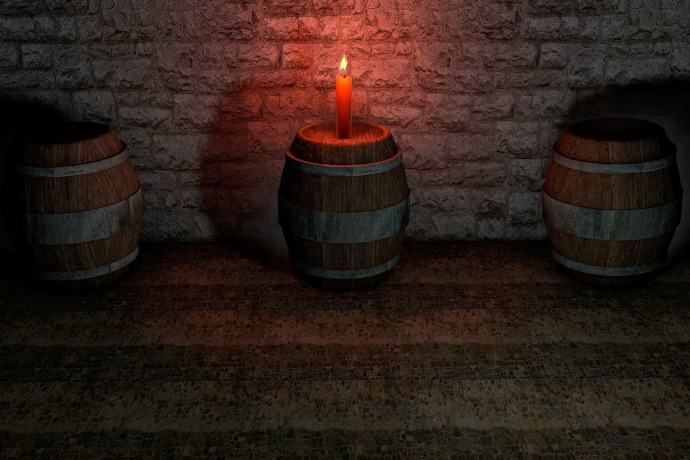
Review: ‘The Fall at Home: New and Collected Aphorisms’ by Don Paterson
Aphorisms are not poems. But the way in which they may or may not resemble poems might tell us something about poetry. The hope is they will tell us other things too. As a poet and critic many of Don Paterson’s aphorisms in The Fall at Home tell us about poems and poets. For instance:…
Read More
Review: ‘Wain: LGBT Reimaginings of Scottish Folklore’ by Rachel Plummer
Scottish literature of the 20th century particularly is well-known for its humanism and pluralism. You just need to think of the likes of folklorist and poet Hamish Henderson, himself a bisexual man, arguing that poetry and song could help heal divided communities and societies. His most famous song ‘The Freedom Come All Ye’ is an…
Read More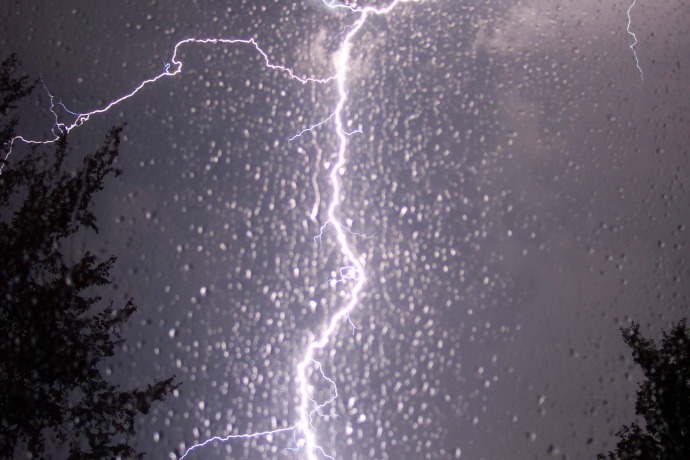
Review: ‘Girl’ by Rebecca Goss
Rebecca Goss’s Girl (Carcanet) is concerned with the magic of girlhood and womanhood. The poems consider womanhood’s slow, hushed power, especially how it is inherited, bestowed, understood, and refigured throughout life. In ‘Lightning’, this power is manifested as a natural force that ‘split[s] a tree’, and then trips ‘across a barbed wire fence’ to the…
Read More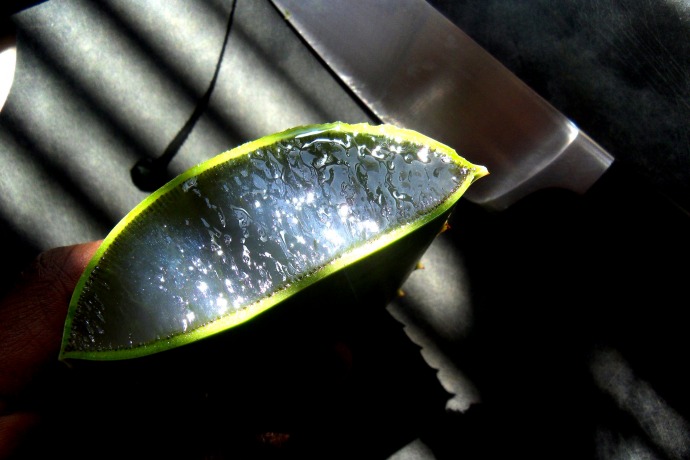
Review: ‘In Search of Equilibrium’ by Theresa Lola
In Search of Equilibrium (Nine Arches Press) is a deeply felt response to grief and a closely observed portrait of family, heartbreak, survival, and the evolution of personhood. Trauma is a peculiar thing. Once the immediate shock of a traumatic event or episode subsides, the world becomes a different place. For those who survive, death…
Read More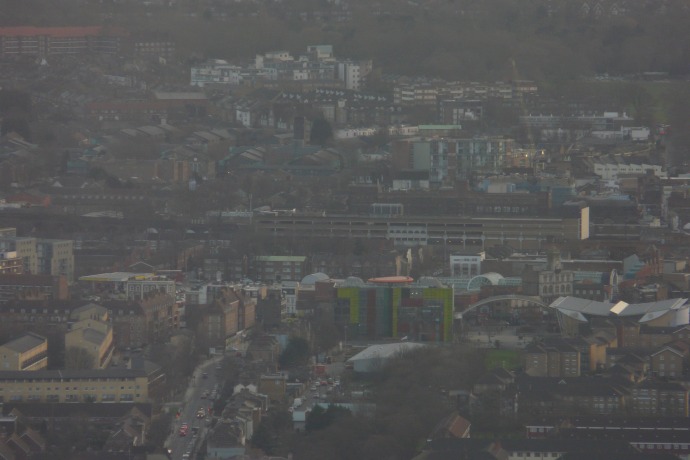
Review: ‘Small Inheritances’ by Belinda Zhawi
Belinda Zhawi’s debut pamphlet, Small Inheritances (Ignition), maps out the spaces where the speaker has lived, tracing a way back through the ‘dregs of south east london’ to a childhood in Zimbabwe. The first section, set in Thamesmead and Peckham and titled ‘small inconveniences’, re-maps the streets and estates to reveal the struggles and longings of…
Read More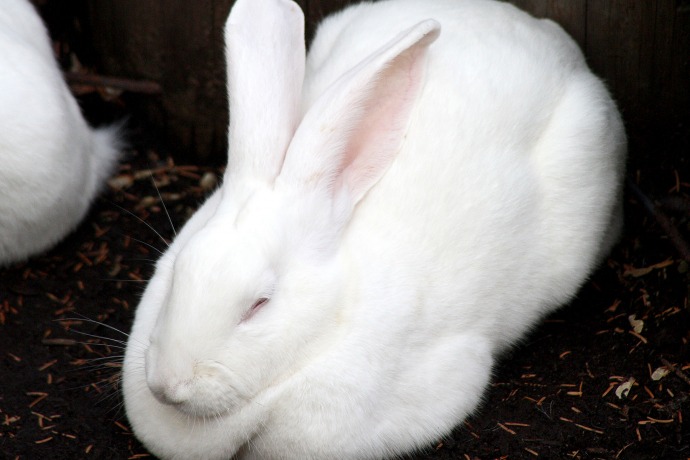
Review: ‘Rabbit’ by Sophie Robinson
Rabbit (Boiler House) deals with the struggle to connect in a globalised, social-media age, where our language is overwhelmed by the clichés of celebrities and advertisements, and our conception of friendship, success and love is as a shallow performance. The fierce, plaintive, stylish poems in Rabbit are about the experience of unbelonging and being distanced…
Read More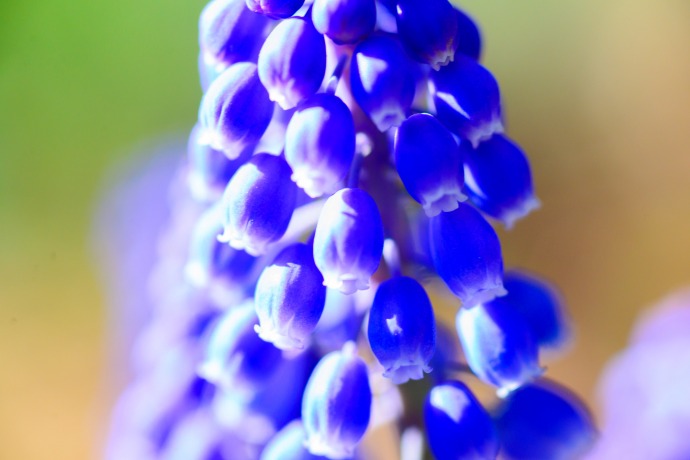
Review: ‘The Built Moment’ by Lavinia Greenlaw
Lavinia Greenlaw’s The Built Moment (Faber) grapples with the slipperiness of time, memory, loss and the downwards slope of her father’s dementia. In two neat sequences, these poems gather together the loose, unruly strands of the aging self, along with the grieving observer, and spin them into something beautiful. The first sequence of poems, ‘The…
Read More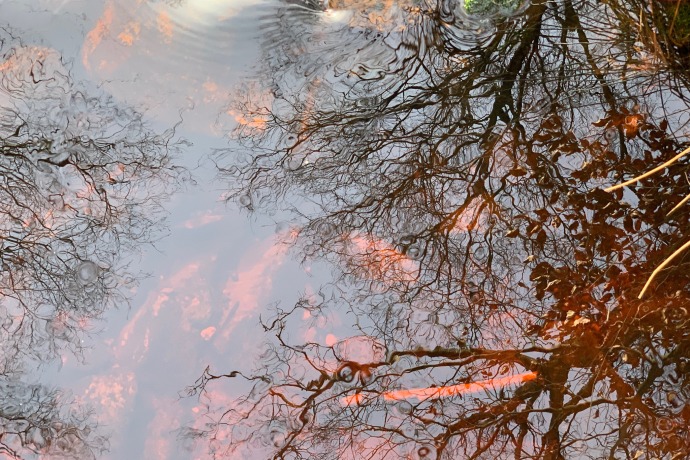
Review: ‘The Gaelic Garden of the Dead’ by MacGillivray
Each new MacGillivray collection should be welcomed for its far-out linguistic verve, spiky music and intellectual dynamism. There are few poets writing today as utterly sui generis in their style – like poets of the British Poetry Revival (and I’m thinking particularly of Barry MacSweeney and his Book of Demons) all we can do as…
Read More
Review – ‘The Quick’ by Jessica Traynor
At the heart of Jessica Traynor’s second collection, The Quick (Dedalus Press), is a nine-poem sequence commissioned, so the notes tell us, by the Salvage Press, for the 350th anniversary of Swift’s birth and ‘written in response to the provocation, “What might Swift write about now?”’ Traynor’s ‘A Modest Proposal’, like the Swiftian satire it is…
Read More
Review: ‘Kingdomland’ by Rachael Allen
About two-thirds of the way through Kingdomland, Rachael Allen’s debut collection, the text neatly encapsulates some of its key motifs – oppressive heat, procreation, bodily angst – in a single stroke: The day is an oven. I float outwards in a concentric circle. I will know the pattern of your knee. I sit by the river…
Read More
Review: ‘Milk Tooth’ by Martha Sprackland
The title of Martha Sprackland’s new pamphlet, Milk Tooth (Rough Trade), might denote a wish or an ache, something missing, a talisman wrought from the body, a souvenir of pain. A reminder that we are all animals of a sort, struggling for one or more kinds of survival. Milk Tooth opens with an epigraph from…
Read More
Review: ‘Spikenard’ by Yvonne Reddick
Red in tooth and claw though the setting for many of her poems are, Yvonne Reddick evades any easy categorisation in Spikenard (Smith | Doorstop). Just as she did in its two predecessors, Deerhart and Translating Mountains, Reddick writes a poetry that bucks, rears and darts, but is also defined by the steady and deep-sinking effect…
Read More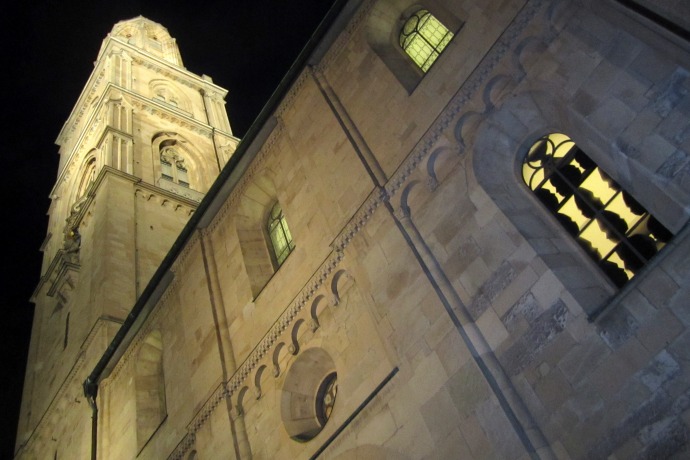
Review: ‘Counter Reform’ by Charlotte Newman
Charlotte Newman’s Counter Reform is ostensibly a pamphlet about living with Obsessive Compulsive Disorder. As Newman asserts: ‘It is not about liking things clean. It is about making a mess of human mechanisms, of trying to control metaphysics.’ For Newman, the pamphlet is a ‘not-book’. The pamphlet is split into three sections: ‘Obsession’, ‘Compulsion’, ‘Resistance’….
Read More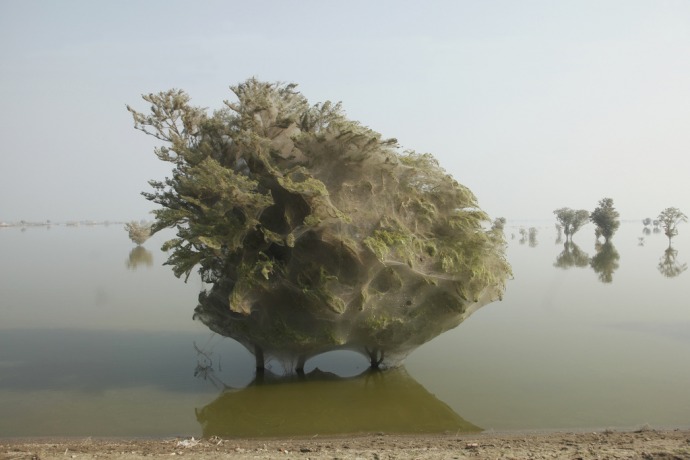
Review: ‘Us’ by Zaffar Kunial
The most impressive thing about Zaffar Kunial’s debut collection, Us, might be its willingness not to impress; to leave as slight an impression as possible. The book’s first epigraph (of two) comes from Khalil Gibran: ‘Half of what I say is meaningless; but I say it / so that the other half may reach you’…
Read More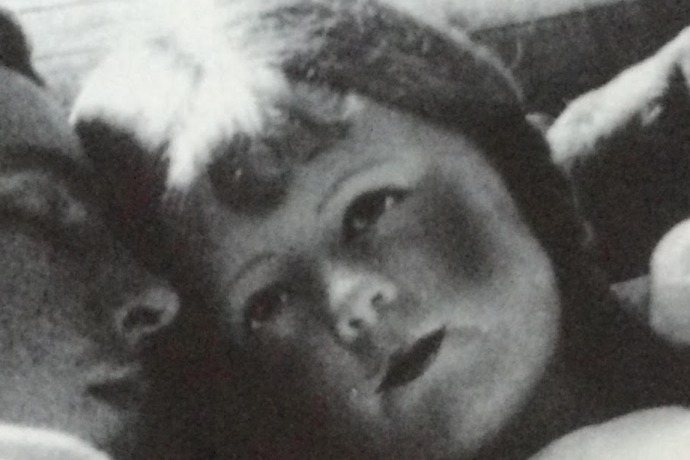
Review: ‘Fondue’ by A. K. Blakemore
‘Fondue’ must be one of the more descriptive words in the language. It summons up consistency, texture, a sense of movement, taste and smell. Even the sound of the word is evocative: the onomatopoeic glooping of ue – and borrowed from French, too. It’s certainly more suggestive than ‘melt’. It’s an appropriate title for this…
Read More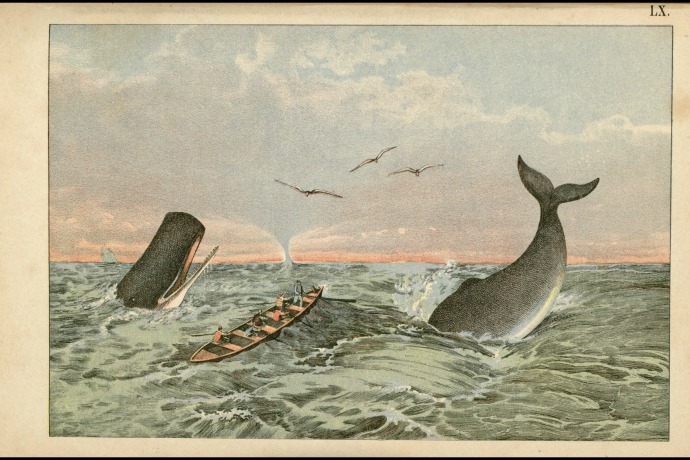
Review: ‘Their Lunar Language’ by Charlotte Eichler
Charlotte Eichler’s debut pamphlet Their Lunar Language opens on a wryly prophetic note: ‘We knew everything, playing oracle on the carpet. / Saturdays crawled with our ladybird circus – ’ – lines which capture something of humanity’s uneasy assumptions of power over the natural world. Vahni Capildeo has described Eichler’s poems as ‘modern pastoral’ and…
Read More